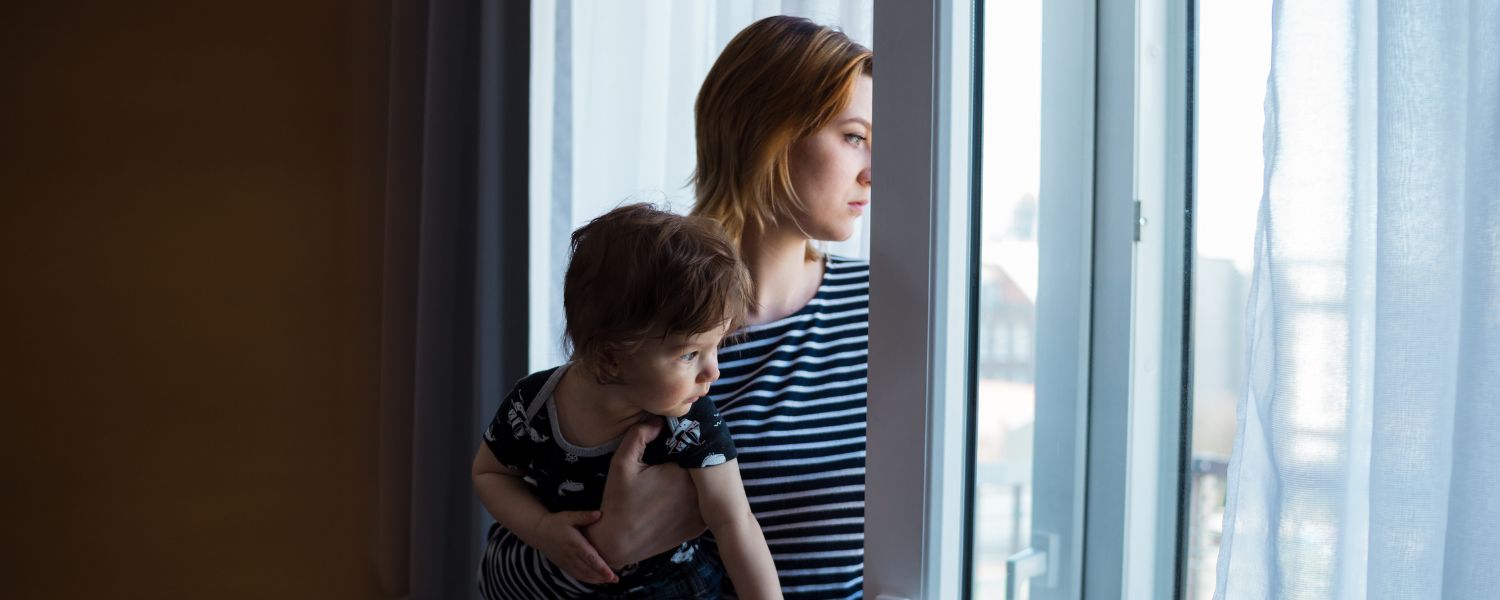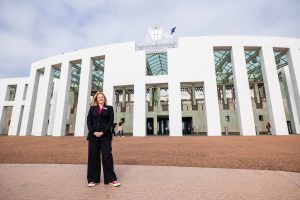We have made some incredible progress together recently.
Domestic, Family and Sexual Violence Commissioner Micaela Cronin has recognised we need to better regulate harmful industries, like alcohol.
Australia’s premiers and chief ministers have committed to reviewing their liquor laws and sharing best practice to tackle the impact of alcohol on rates of domestic and family violence.
Victim survivors and children have been pointing out the categorically undeniable link between alcohol and violence for years, and we have evidence and data to support this.
Alcohol is involved in between 23% and 65% of all police-reported family violence incidents.
In 2021-22, 47% of women who were sexually assaulted by a man in the past decade said alcohol or another substance contributed to the most recent incident.
But for far too long, it was politically controversial to take action.
Alcohol was blatantly ignored, when it’s a known accelerant for domestic, family and sexual violence.

When drinking is involved, it’s like pouring petrol on a bonfire.
In the years since the pandemic, we have seen access to alcohol drastically increase as the online sale and delivery of alcohol has exploded, without regulation catching up.
More access equals more harm.
That’s why this moment, right now, is a critical moment in time where our real-life experience cannot be ignored, suppressed or denied any more.
Often when we try to have these conversations, we hear from adults.
Adults who speak of how they fear for their safety when the sun goes down and they know their abuser has been drinking. Or how the sound of the alcohol delivery truck is the signal to enact a safety plan to protect their children from harm.
But we really need to hear from the most important voice in this conversation: children.
New research shows one in six children have experienced harm from the alcohol use of adults around them, with two-thirds of harm being attributed to an adult in their home.
These children don’t have a choice and don’t have a voice.
It is incumbent upon us to pull every lever that is within our reach, because we don’t have a second to wait.
Speaking on behalf of one little girl, she recounts the screaming, the sound of glass shattering and a constant threat – only the threat level changes.
She perpetually holds her breath, hiding under beds, in closets, being thrown to the next-door neighbour in the middle of the night.
She’s told to run.
This reality, one of fear – pure white fear – is one many children face, where the aim is to not set the bomb off.
As adults, it’s our duty and our responsibility to remove any and all bombs.
But while previous governments have debated and played politics, more bombs have been detonated – because everything that causes or increases harm is a bomb.
Drugs are a bomb. Gambling is a bomb. Mental health is a bomb. Pornography is a bomb. Trauma is a bomb. Poverty is a bomb. Alcohol is a bomb. Gender inequality is a bomb.
All bombs harm. All bombs individually – and interconnected – are harmful.
For years, we have told anyone who will listen that alcohol is a bomb, and it’s intensifying our experience of violence.
So, what do we tell that little girl who hears the deliveryman pulling into the driveway? That we plan on getting back to her by the next generation?
Every child who is a victim of alcohol-related violence is begging you: we need the adults to put out this bomb because children have rights, and adults have responsibilities.
We’ve seen governments move quickly to curb alcohol-related violence in the past.
So, the message from this victim survivor is clear. Believing us is the strategy.
We are telling you that alcohol is one of many levers that must be pulled if we are to do something meaningful to address the national crisis of gendered and family violence.
It is incumbent upon us to pull every lever that is within our reach, because we don’t have a second to wait.
Our lives are literally depending on it.
This blog was adapted from a speech Kym gave during a FARE-hosted webinar on alcohol and gendered violence in September. You can watch her full speech here.







